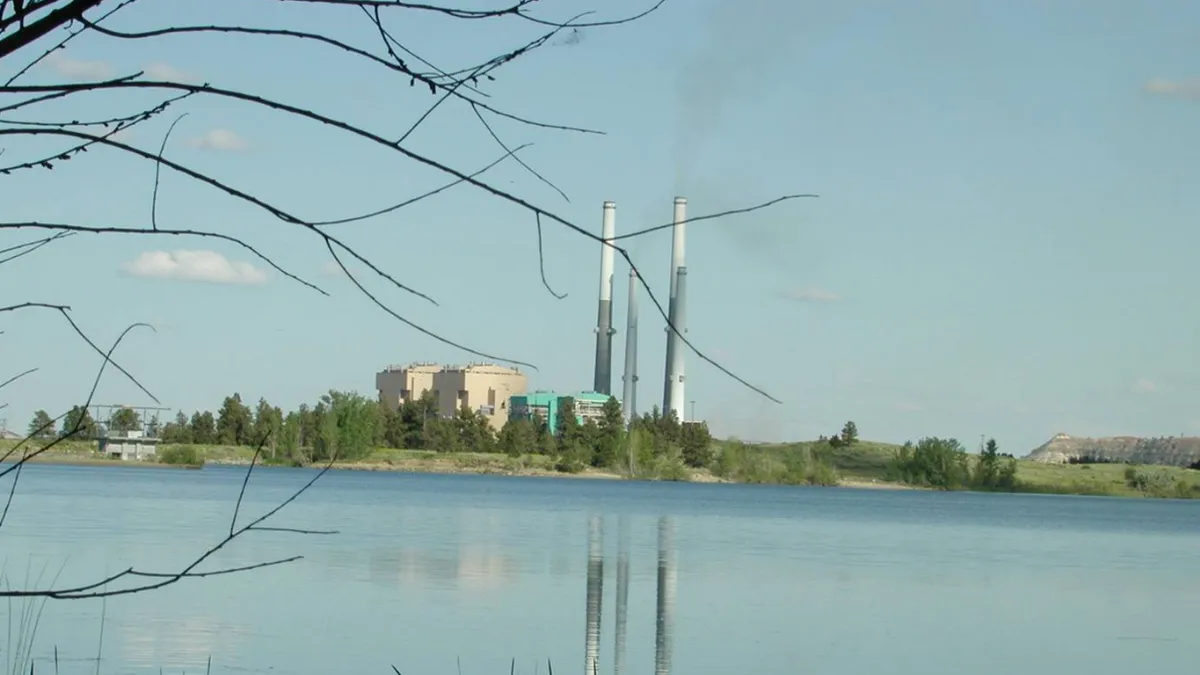Dive Brief:
- Coal has significantly declined in Montana, with generating capacity only making up 37% of the state's nameplate capacity — down from 55% in 2015. The state currently has about 2,289 MW of coal-fired generating capacity
- Taxes generated by the coal industry account for a "significant source of revenues" for Montana and local governments, according to a new report from the state's Legislative Services Division. Taxes on coal generated $81 million for fiscal year 2016.
- The analysis will be presented on Wednesday to the Environmental Quality Council. The report was called for by lawmakers who wanted a review of the industry and the possible fiscal impacts from declining coal production.
Dive Insight:
Taxes on coal brought in almost 4% of Montana's revenues, according to Montana Public Radio. That means the inevitable decline of coal production and consumption will have a significant impact on the state's coffers.
“What this report should result in is the Montana Legislature recognizing that coal is in a long-term, structural decline. There’s no changing that,” Montana Environmental Information Center's Derf Johnson told the Billings Gazette.
According to the report, authored by Sonja Nowakowski, 101 GW of coal capacity has either been retired or will be in recent years. For example, Montana's J.E. Corette plant in Billings ceased operation in 2015 and Colstrip Units 1 and 2 will close by July 2022.
"All but a fraction of the coal mined in Montana is converted to electricity, either in-state, out-of-state, or out-of-country," the report said. "Coal’s contribution to U.S. electrical generation, however, continues to decline." About 75% of the state's coal production is shipped by rail to out of state utilities, and increasingly it is also exporting abroad.
Currently there are six coal mines in Montana. In 2015, the state was the sixth largest coal producer in the United States, bringing about 42 million tons to market. Montana coal prices averaged $17.44/ton in 2015, up from the previous 20 years when it was near $10/ton.
According to the report, Montana and Wyoming coal prices are substantially lower than the U.S. average of almost $32/ton, due to lower transportation costs and heat content of the coal















